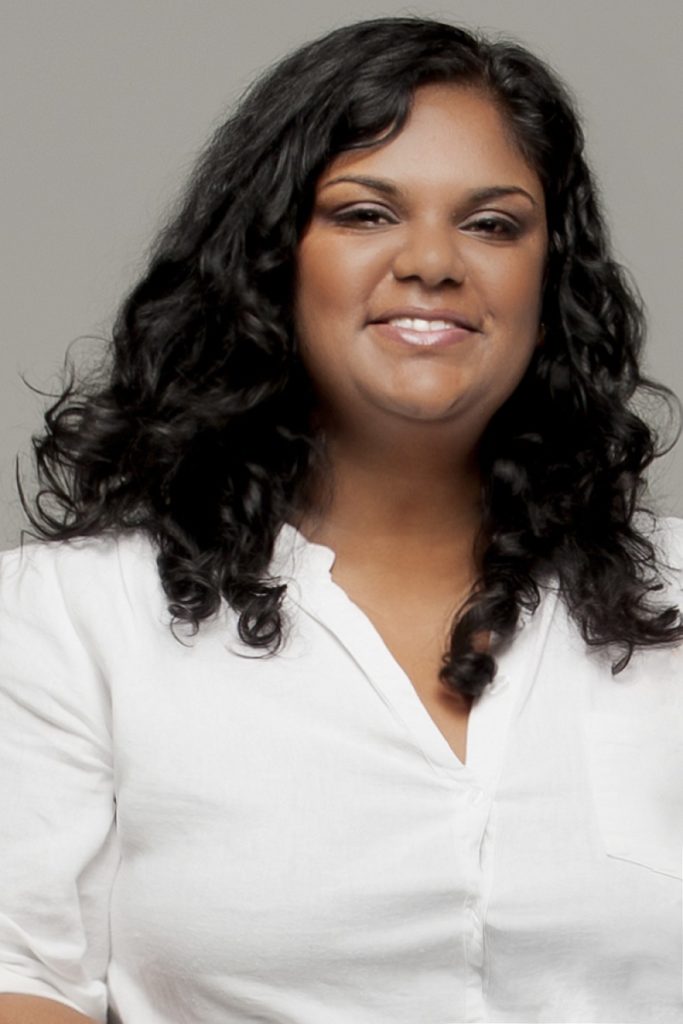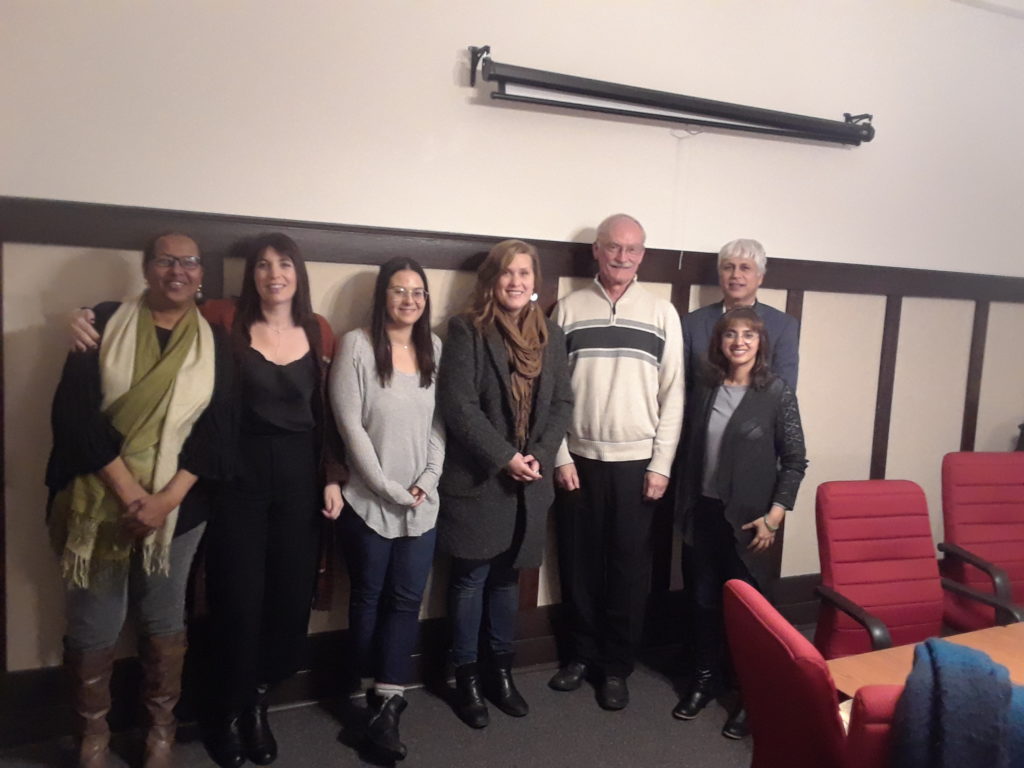This post was originally shared in advance of the December 6, 2019 deadlines for Edmonton Heritage Council’s Project Accelerator and Travel streams, but will remain relevant as you begin to consider future grant applications. Our former Grants Coordinator, Soni Dasmohapatra, has shared some useful insights for prospective applicants.
 As you can see from this past blog post on Soni, she brings to her role a wealth of experience gained through a background including work with non-profits, provincial and municipal public service, academia and the United Nations. Soni has also reviewed a very significant number of grant applications and spent a good deal of time with juries. She’s been kind enough to share her wisdom on the subject of writing good grant applications in her own words below.
As you can see from this past blog post on Soni, she brings to her role a wealth of experience gained through a background including work with non-profits, provincial and municipal public service, academia and the United Nations. Soni has also reviewed a very significant number of grant applications and spent a good deal of time with juries. She’s been kind enough to share her wisdom on the subject of writing good grant applications in her own words below.
A balanced budget
I think the biggest problem that recipients have is getting the budget correct. A budget needs to be balanced on both sides for expenses and revenues. A really good, robust application also has to have supporting budget notes or explanations. For example, if you’re going to provide in-kind services, determine how much money you would have charged on an hourly basis. If you’re going to need a venue or published communications, cost that out as well. For volunteer time, it’s good to sort of have a going rate in mind. Depending on what the grant is and what the context is, look at the comparables. Right now in the heritage sector, we don’t have a standardized wage per se. CARFAC‘s standard artist rates provide a useful example.
Building a good timeline
For instance, with the December 6 deadline, people will know if their application is successful by mid-January. It then makes sense to create a timeline starting in March for this intake. It’s good to keep dates around the following in mind when creating your timeline: the jury’s adjudication of the grant, EHC’s Board of Directors approving the monies, and when you will receive the funding. Also think about the time needed to finish the reporting at the end of your project.
Juries
Make sure that you are writing your grant in a way that is clear and simple so that anybody can read it and understand it. When applicants talk to me about their idea as I’m coaching them, I have a fairly clear understanding of their project. However, there may be gaps in understanding if the applicant assumes everyone will be going in with a similar level of familiarity with the project. You need to spell out your timeline in coordination with a budget to match, including clear deliverables, so the jury can easily follow the sequence and make an informed decision.
Relationship between funder and grant recipient
EHC offers a great opportunity for participatory grant-making. We’re not just the funder; we can act as a resource for you and connect you to others who offer opportunities for partnership. If you’re writing a grant for the first time it might be complicated. If you’re not successful the first time, incorporate the feedback and apply again because we have multiple grant runs each year. Keep the staff in the loop when you have events associated with your project. We want to help you publicize your work as part of this relationship.
You may notice some common themes between Soni’s thoughts and this older post from EHC’s Operations & Initiatives Manager, Danielle Dolgoy. While there are certainly some universal truths when it comes to a strong grant application, each project is different, so be true to what you wish to accomplish rather than trying to force something to fit.
Read more about EHC’s grants, and read up on some of our recently-funded projects and practitioners here.

Recent EHC grant recipients (l-r): Naima Haile, Rayanne Haines, Jean Middleton, Marina Hulzenga, E. Neil Taylor, Shreela Chakrabartty (director of recipient Robin Yusaf’s new film) and Kash Gauni (Chakrabartty’s frequent collaborator)